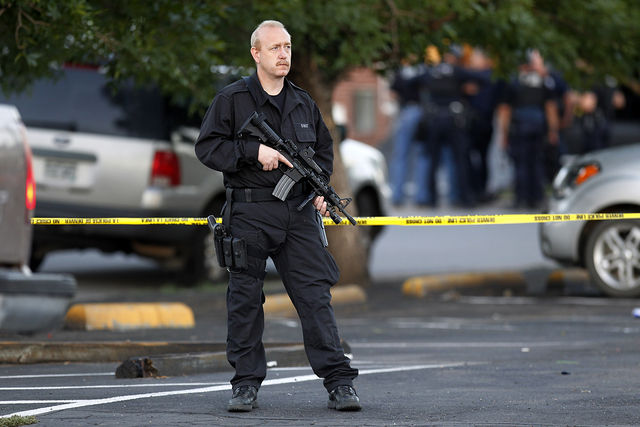Visit NBCNews.com for breaking news, world news, and news about the economy
I mentioned that I’d collaborated with FOX Television’s Judge Jeanine Pirro on a new fiction book entitled SLY FOX: A Dani Fox Novel.
Inspired by criminal cases that Jeanine prosecuted early in her legal career, the book introduces readers to Dani Fox, a young, feisty, female prosecutor in New York during the late 1970s who goes after abusive husbands and murderers.
Jeanine has been busy promoting SLY FOX this month and reviewers have described it as a great beach read. It is much different from the serious nonfiction topics that interest me and was fun to work on. I’m about to leave on a much needed beach vacation with my family.
Hopefully, I will see some sun bathers turning the book’s pages during my morning and evening walks in the sand!







